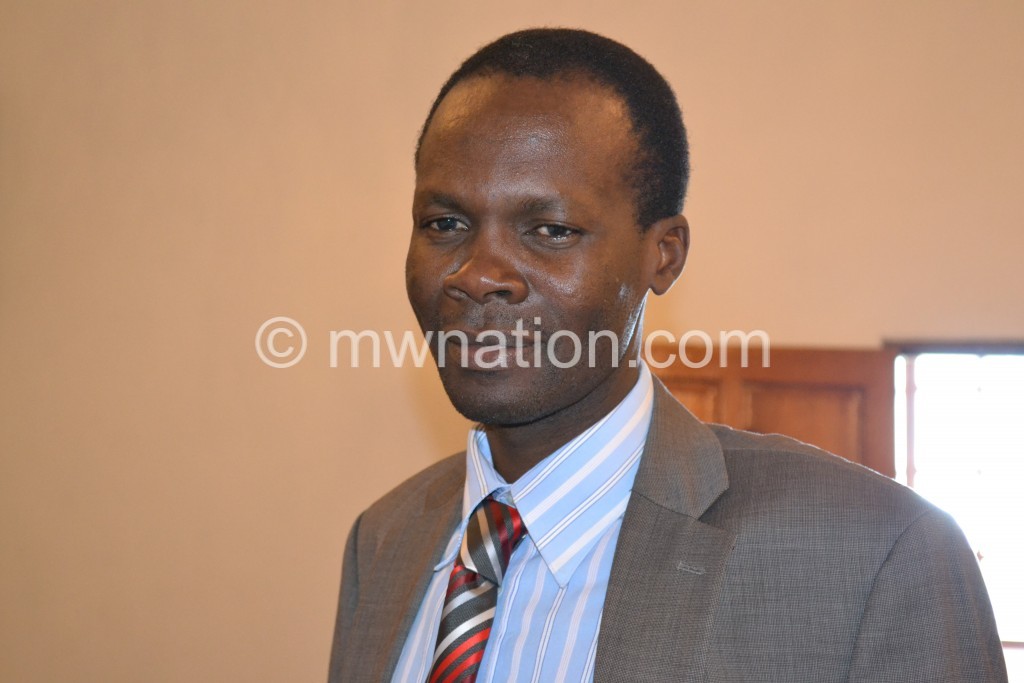New development strategy awaits commission
Government is operating without a new development strategy following the expiry of the Malawi Growth and Development Strategy (MGDS II) in June as the new plan awaits the establishment of the National Development Planning Commission.
In the 2015/16 National Budget Statement, Minister of Finance, Economic Planning and Development Goodall Gondwe announced government plans to establish the commission as an independent body for strategic thinking on matters of national development which would also develop a successor to the MGDSII.

The minister had told the media that the commission would be in place during the 2016/17 financial year, but the government has not succeeded.
Instead, government has opted to extend the current strategy to 2017 as the commission is yet to be put in place because it requires legislation which is currently being drafted, according to Ministry of Finance, Economic Planning and Development spokesperson Nations Msowoya.
According to the Economic and Fiscal Statement of 2016, government has identified 13 of the 17 goals under the new global commitments to direct its efforts towards governance and accountability, infrastructure development, agriculture and food security, education, health and gender, among others.
In the just ended MGDS II, which had nine priority areas, agriculture, followed by education, health and transport infrastructure, received the most funding in the budget.
Msowoya said a draft Bill to establish the commission would be ready by November this year after which government will put together a development strategy.
He said: “The government has already prepared a draft Bill for the establishment of the National Planning Commission. The Bill will be presented to Parliament during its November 2016 sitting. Once the necessary legal framework has been authorised by Parliament, government will look into staffing issues.”
However, the United Nations in Malawi has ruled out the danger that Malawi could be left behind if domestication of the SDGs does not start as soon as possible.
In response to a questionnaire, the UN has said given the comprehensive and integrated nature of the SDGs, it requires partnerships with civil society, private sector, parliamentarians to implement the MDGs and not the government or UN alone.





